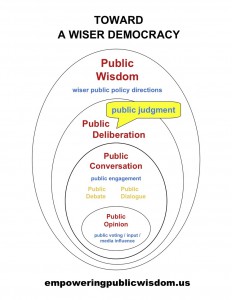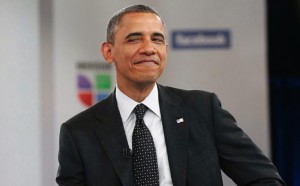
A start, this is.
Phi Beta Iota: Open Everything (especially OpenBTS, Open Cloud, Open Data, Open Hardware, Open Software, and Open Standards) are the next big leap, or the Internet of Things will be in the service of the elite rather than the 5 billion poor whose entrepreneurial energy can only be harnessed when ALL of them have a free cell phone with Internet access and can receive a free education one cell call at a time.
Also vital in the development of Internet IMPACT as opposed to ACCESS, is the emergence of whole system analytics and true cost economics. Only when ALL have access to true cost information can corruption begin to be detected and eradicated supply chain by supply chain. The nuclear and tobacco and seed industries are three examples of how government corruption and media lies have created massive profit for the few with massive externalized costs to the many.










